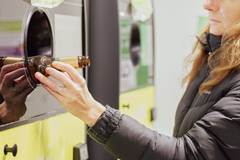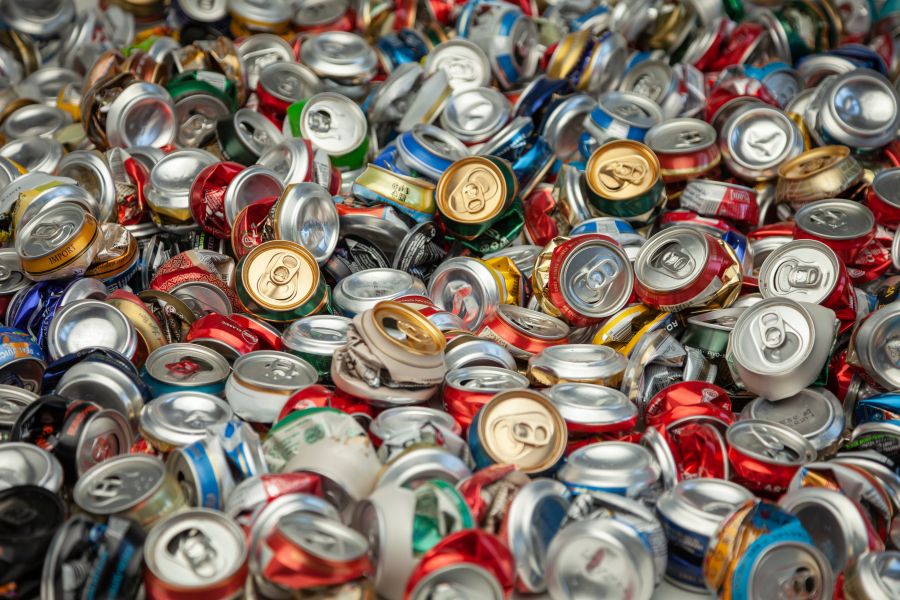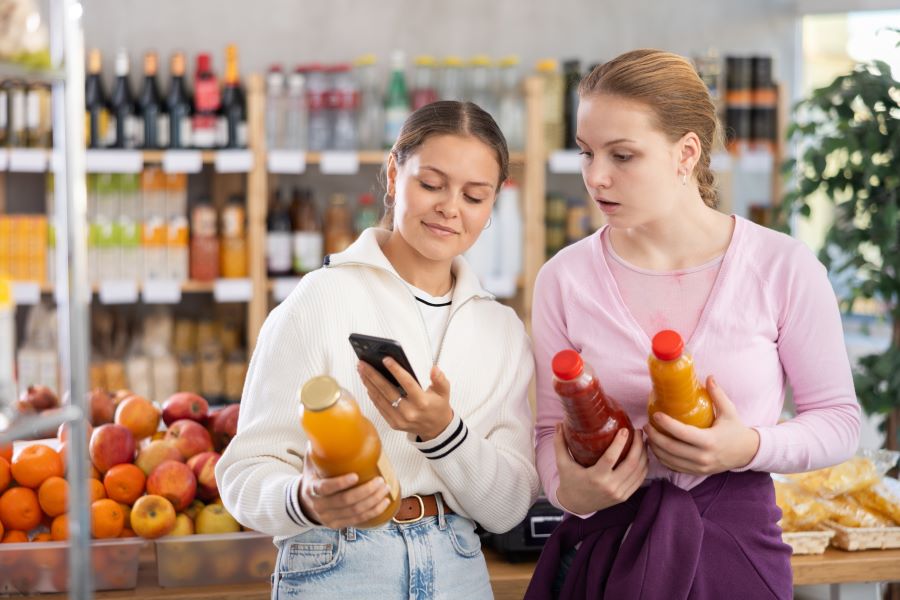Poland introduces beverage container DRS to spur national circularity
Key takeaways
- Poland's DRS starts on October 1, requiring all relevant beverage packaging to be labeled accordingly.
- The system aims to enhance recycling, with a collection target of 77% in October and 90% by 2029. Producers will finance the system under EPR regulations.
- An educational campaign, including TV ads and school programs, will inform the public about the new DRS and its environmental goals.

Poland’s nationwide DRS comes into effect on October 1. We speak to the Polish Ministry of Climate and Environment about how the new system is expected to boost recycling and reuse in the country.
“The DRS is created to ensure that entities placing products on the market have access to clean raw materials that are suitable for contact with food,” a spokesperson for the ministry tells Packaging Insights.
Beverages in packaging covered by the DRS should be marked as such on the label while specifying the amount of the deposit. Reusable beverage packaging is also covered under the system and includes PET bottles of up to 3 L, metal cans up to 1 L, and reusable glass bottles up to 1.5 L.

The deposit value is PLN 0.50 (US$0.14) for PET bottles and cans, and PLN 1 (US$0.27) for glass bottles.
Anita Sowińska, Poland’s deputy minister for Climate and Environment, says: “The DRS is one of the steps that will allow us to achieve important environmental goals. We all want clean forests and beaches. We want to eliminate plastic floating in our rivers, lakes, and seas.”
Waste collection targets
The official rollout of the DRS follows the 2023 DRS Act passed by the Polish government.
The ministry says: “The basic sanctions for DRS violations provided in the act in relation to individual participants in the supply chain, including shops, are an administrative fine.”
 The system aims to enhance recycling, with a collection target of 77% in October 2026 and 90% by 2029.“For producers, an additional mechanism is a product fee calculated on each kg of packaging missing to achieve the required collection levels.”
The system aims to enhance recycling, with a collection target of 77% in October 2026 and 90% by 2029.“For producers, an additional mechanism is a product fee calculated on each kg of packaging missing to achieve the required collection levels.”
Companies supplying packaged beverages to the Polish market will also be required to meet packaging waste collection targets as part of the DRS: 77% collection from October and 90% from 2029.
The DRS Act dictates that single-use plastic bottles, including their caps and lids, contain a proportion by weight of at least 25% of recycled plastic starting in October, and 30% from 2030.
“In accordance with the principle of EPR, entities introducing beverages in containers covered by the DRS will finance the system. The companies will bear the costs associated with, among other things, the collection, acceptance, and transport of packaging and waste.”
The ministry further tells us: “All shops offering beverages in packaging covered by the DRS will be required to collect a deposit for the products sold. In addition, according to the law, the obligation to operate a collection point is related to the size of the shop and the range of products offered.”
“Shops with a floor area of more than 200 square meters that sell beverages in packaging covered by the system must accept returns of packaging. Shops that are less than 200 square meters may voluntarily participate in the system and also accept other types of packaging, such as plastic bottles and cans.”
Public education campaign
The Ministry of Climate and Environment tells us that it is conducting an educational and informational campaign. Prior to the end of September, announcements of the DRS are broadcasted on national TV stations.
 All shops offering beverages in packaging covered by the DRS will be required to collect a deposit for the products sold.“The next phase of the campaign will start in October, featuring well-known actors and an even broader TV and internet campaign. We have prepared an information and education website with posters, presentations, and graphics that are worth downloading to support communication about the DRS in Poland.”
All shops offering beverages in packaging covered by the DRS will be required to collect a deposit for the products sold.“The next phase of the campaign will start in October, featuring well-known actors and an even broader TV and internet campaign. We have prepared an information and education website with posters, presentations, and graphics that are worth downloading to support communication about the DRS in Poland.”
The ministry also conducts activities in schools alongside the Ministry of National Education.
In other news, Nestlé Poland is facing a greenwashing lawsuit over “misleading” claims on its Polish bottled water brand Nałęczowianka. Nestlé Poland opposed the allegation and told Packaging Insights that it will “vigorously defend” its position in court.












